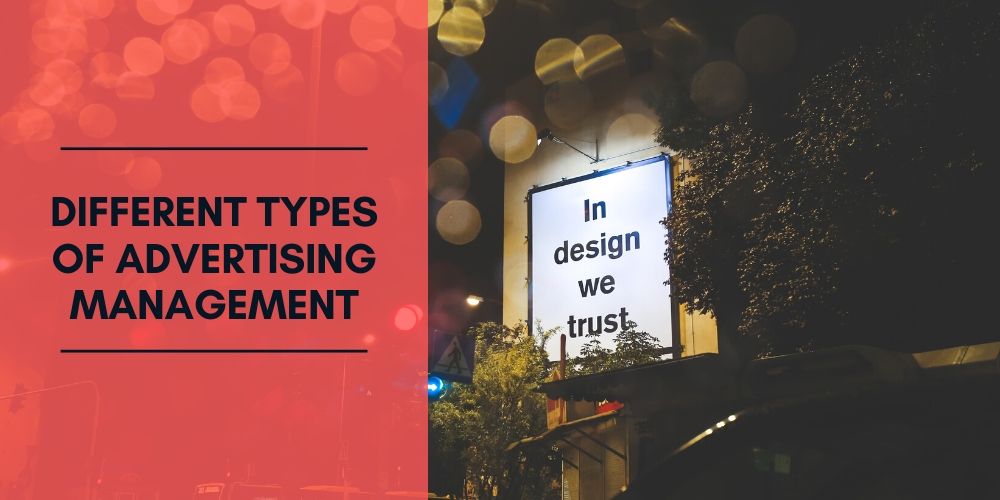Advertising is any paid form of non-personal presentation and promotion of ideas, goods, and services by an identified sponsor. It also refers to controlled, identifiable information and persuasion by means of mass communication. If you’re looking for tips to advertise better, understanding this foundation is essential.
Advertisements are designed to target a group of customers rather than individuals. It helps a business promote their brands and products to a targeted audience with the aim of increasing sales, enhancing brand value, informing customers about new products, and educating customers about product features. Applying the right tips to advertise better can make these efforts more impactful and efficient.
Objectives of Advertising

- to introduce new products
- to stimulate buying impulses
- support personal selling
- to reach inaccessible customers
- to build brand image & good will
- enter a new market to attract a new group of customers
- to support the effort of dealers & agents to sell products & services
- to expand market for the existing range of products & services
- motivate the channel partners to stock in more of the organization’s products
- to tap the memory of existing customers
- to rope in new customers
- provide end-to-end guidance to existing & prospective customers
- to provide information about products & services
- reassure existing customers about the service levels
- to change social attitude & persuade customers to take action.
Characteristics of Advertising
- Advertising is basically a commercial activity, different from publicity
- It is sponsored communication which influences the purchase behaviour & attitude of consumers
- lacks personal elements & is purely non-personal, mostly carried out through sponsors to target & attract a large group of customers
- it encompasses research, plan, co-ordination & execution of activities
- This is a key component of promotion element of marketing mix
- It is effective when the time, place, & direction of advertisement are controlled & are highly persuasive
- Set of the targeted customers, identifies it.
Tips to Advertise Better
- Functions of Advertising
- preparing ground for new products
- creation of demand
- facing the competition
- creating & enhancing good will
- barring new entrances
- persuading customers & maintaining customers loyalty
- build brand image
- informing customers about the changes
- to lower the prices
- acts as a competitive weapon
- strengthen other promotion mix elements
By focusing on these functions, businesses can implement the right tips to advertise better and build a stronger connection with their audience.
Social & Economic Effects of Advertising
1. Economic Effects
- effect on the value of products & services
- effect on prices
- on consumer demand & consumer choice
- effect of competition
2. Social Effects
- social & cultural issues
- stereotyping in advertising
- sex appeals or nudity used to gain consumer’s attention
- Advertising & decision-making
Advertising reaches products & services to customers. During the process, many crucial decisions need to be taken by the branding & marketing communications team. Some of the decisions are listed below:
- objectives behind releasing the advertisement
- media through which the advertisement effort is to be carried out
- ad copy & related aspects of the advertisement
- advertising budget taking into consideration the various costs involved
Types of Advertising

- on the basis of area coverage (i.e., local, regional, national, and international advertising)
- audience (i.e., consumer, industrial, trade, and professional advertising)
- on the basis of media (i.e., print, electronic, outdoor media advertising, etc.)
- on the basis of advertising stages (i.e., pioneer, retentive stage advertising, etc.)
There are different types of Advertising like social, political, institutional, product, retail, financial, service, etc. selection of the right type of advertising medium is a difficult task. Any media that is selected must be capable of accomplishing at least three main objective. It must reach the largest number of people possible:
- must attract their attention
- it must be economical
Marketing Tools
- Above the line (ATL)
- Below the line (BTL)
- Through the line (TTL)
ATL
It refers to promotional activities done at macro level. It does so at national, regional, or larger territory level & covers a mass audience in this type of promotion. Creates brand image about the company & its products. Radio, cinema, television, newspapers, & magazines are used to create an impact about the company & its products. ATL communication is more of conventional in nature.
BTL
This communication is unconventional in nature, done at the microlevel, and forms part of non-media communication. Measures include direct mailing, distribution of flyers and brochures, & usage of sponsorship, public relations, tele-marketing & point of sale.
Through the Line (TTL)
It refers to an advertising strategy involving both above- & below-the-line communications. This strategic approach allows brands to engage with a customer at multiple points. This enables an integrated communications approach where consistent messaging across multiple media creates customer perception.
The advent of social media has blurred the ‘line, segregating marketing techniques. These days, companies use an integrated approach involving both ATL & BTL, called TTL approach. This generate a solid perception regarding the company & the product, which is the main aim of Marketing!
📞 Call: +91-9810617123
📧 Email: sales@hire4event.com
🌐 Visit: www.hire4event.com
📍 Address: 214, ABC Tower, Sec-135, Noida-201301




